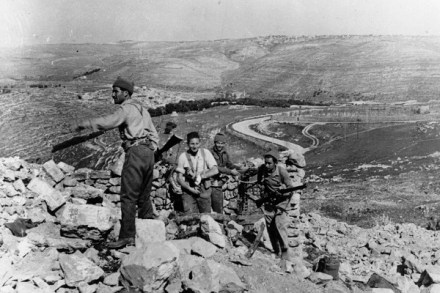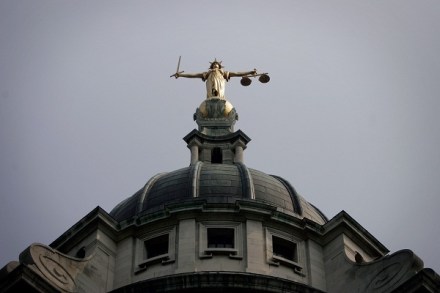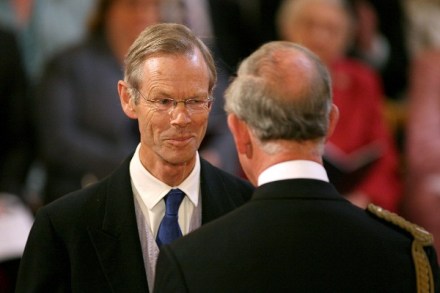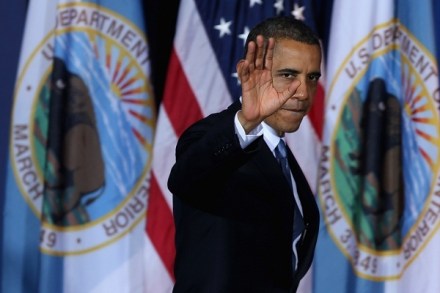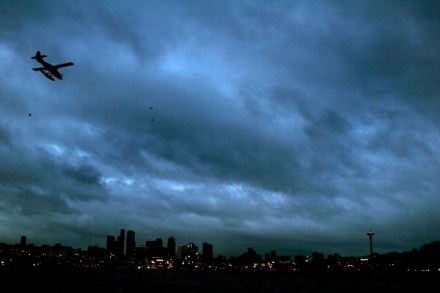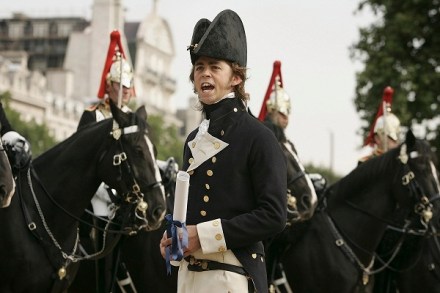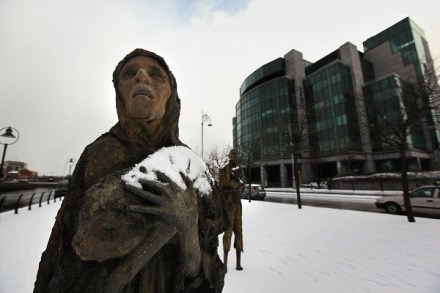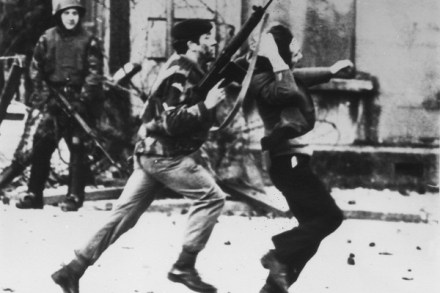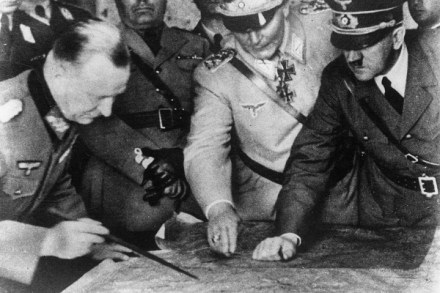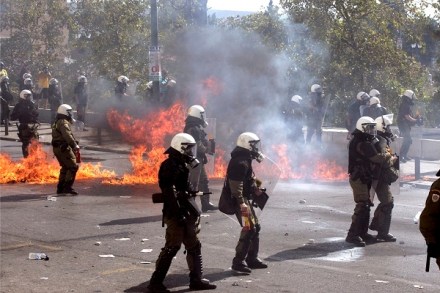Yoram Kaniuk, reluctant soldier in 1948
Yoram Kaniuk was born in Tel Aviv in 1930. After his experience in Israel’s 1948 War of Independence, Kaniuk moved to New York where he became a painter in Greenwich Village. Ten years later he returned to Tel Aviv, where he has lived ever since, working as a novelist, painter, and journalist. He has published various fiction, non-fiction, and children’s books over the course of his distinguished career. In 1948 — for which he was awarded the The Sapir Prize in 2010 — Kaniuk recalls fighting as a teenage soldier in Israel’s War of Independence. Told in the first person the book looks at how memory is a selective process;
